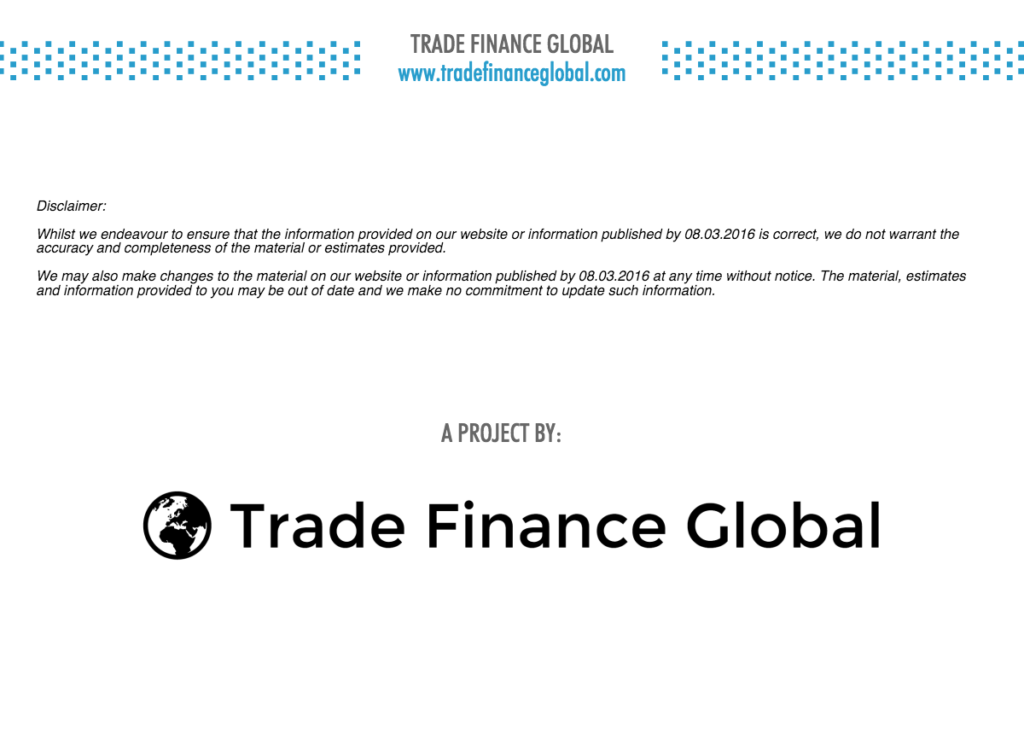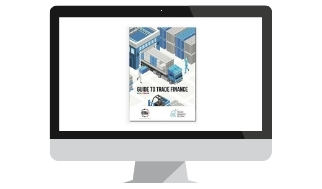Invoice Factoring | The 2024 Guide for Importers and Exporters
Invoice factoring allows a business to grow and unlock cash that is tied up in future income, so that it can re-invest that capital and time is not spent collecting payments. Thus, there is a removal of the unpredictable nature of waiting for payment so that revenue can be booked and capital is then available to spend.
Invoice Factoring - Overview
Invoice factoring is most typically used where the funder manages the customer collections and ledgers of the business. This allows them to have more control and most invoices are discounted when they are sent out. It is typically used with smaller businesses who have little or no credit control. However, the industry, size and growth trajectory of the business will all be looked at.
In simple terms, a company will send out an invoice to a customer, who will have pre-agreed payment terms. These are usually 30, 60, 90 and 120 day payment terms. A finance company (the factor) will look at the strength of the customers, the borrower and further possible security offered. Depending on the business, they may take over an element of the finance function from the business and advance a proportion of the funds (in relation to the invoice value) to the company soon after invoices are sent out. Usually, the factor will then work with the end customers to collect payments, remove their fees and send the remaining income onto the company.
How does it work?
As invoices are raised, the factoring company will provide a percentage of the face value of the invoice to the company e.g. 80%. Depending on the set up, the factoring company will then collect the debt from the customer, remove their fees and send the remaining funds onto the company.
The company raises an invoice which is sent out to the client, and a copy to the funder.
We can help your business look for the most appropriate and well placed funder, who will then arrange for payment, normally within 24 hours.
As part of the factoring arrangement, the funder collects the payment off the customer on your behalf.
You receive the rest of the invoice balance once the invoice is paid, less fees that the funder takes.
We’re 100% independent: working only for our businesses
Unlike some of our competitors, we are not tied to any lenders, we arrange a wealth of funding options for you in order to choose the most appropriate options for you.
Want to find out more about invoice finance? Check out our handy infographic – a comprehensive guide which defines invoice discounting, factoring, as well as the differences between the two!
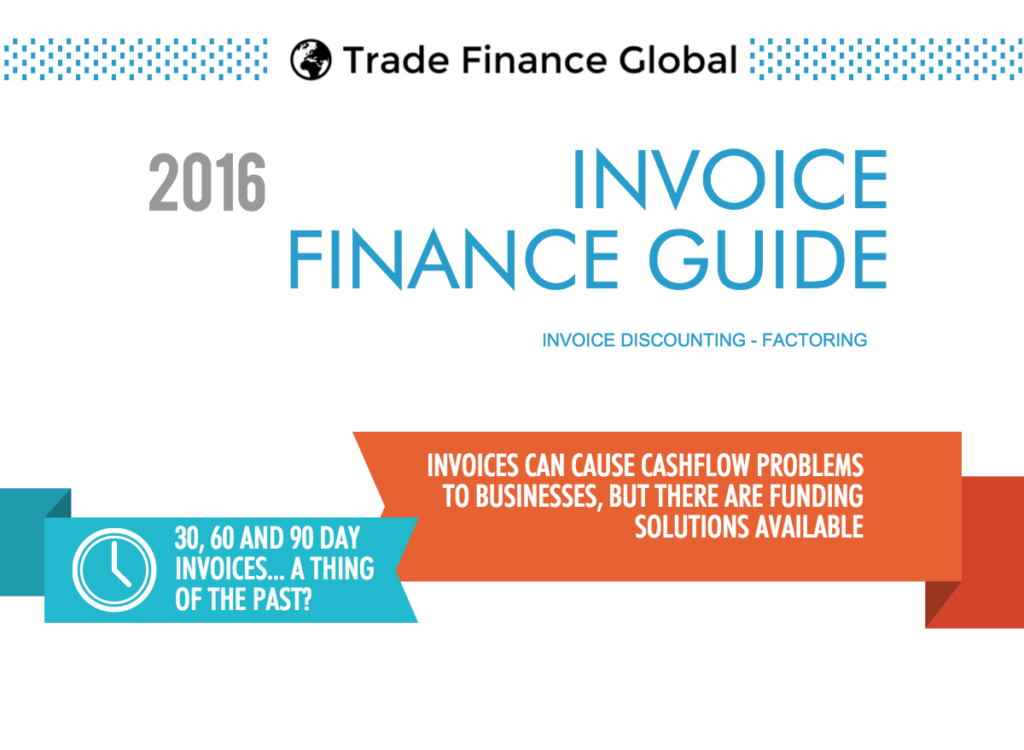
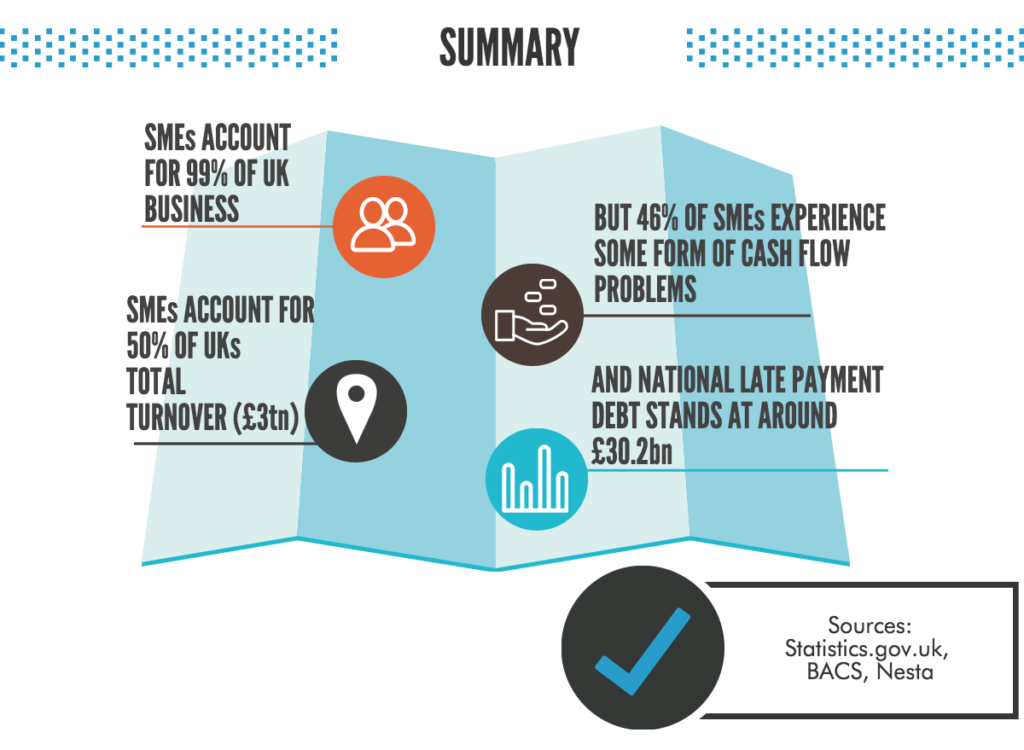
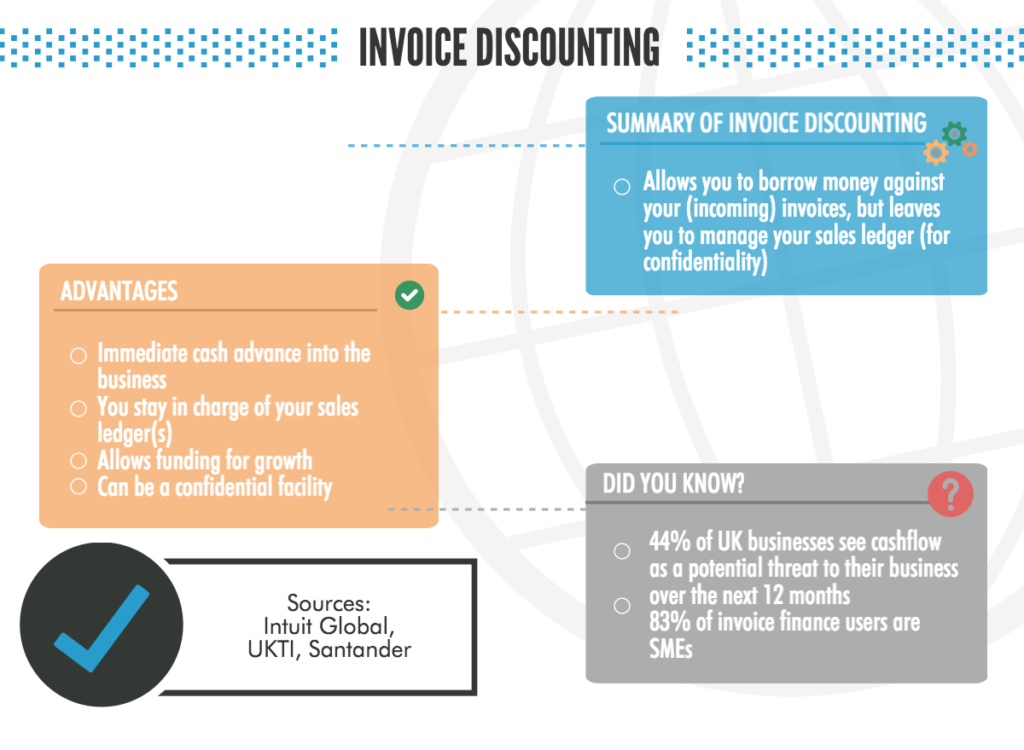
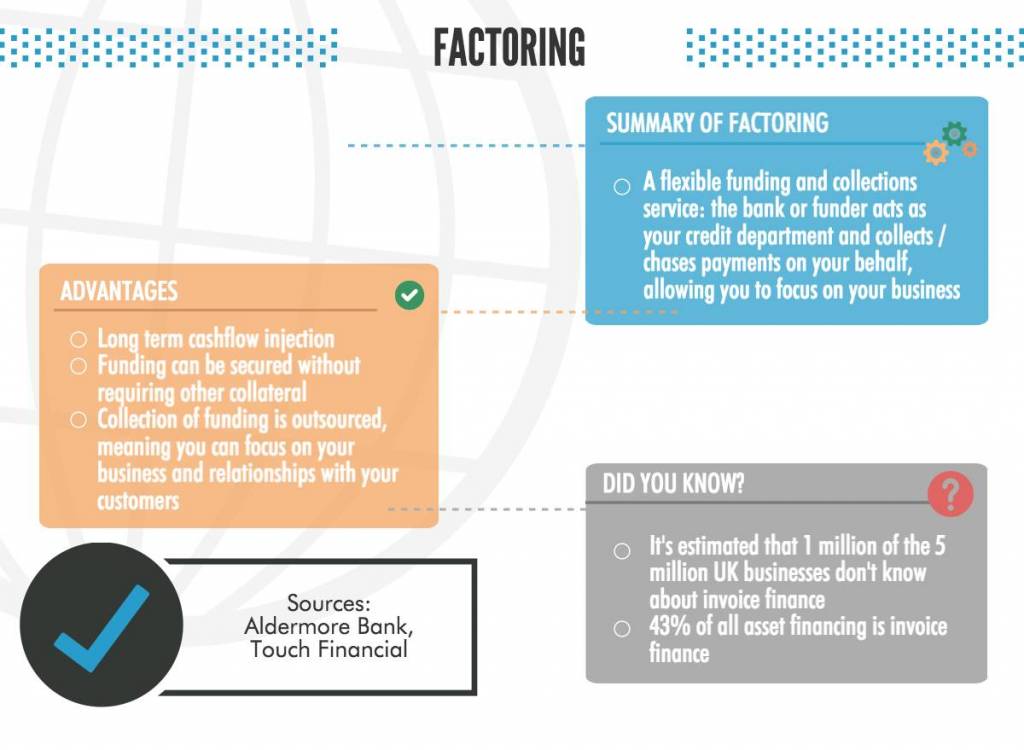
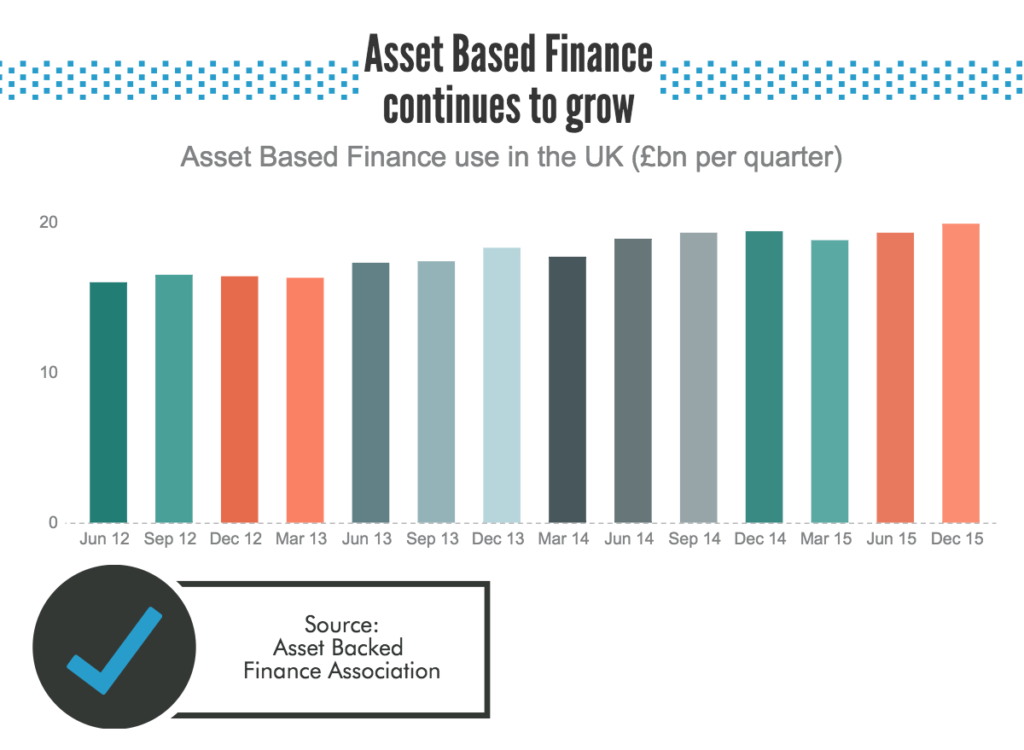
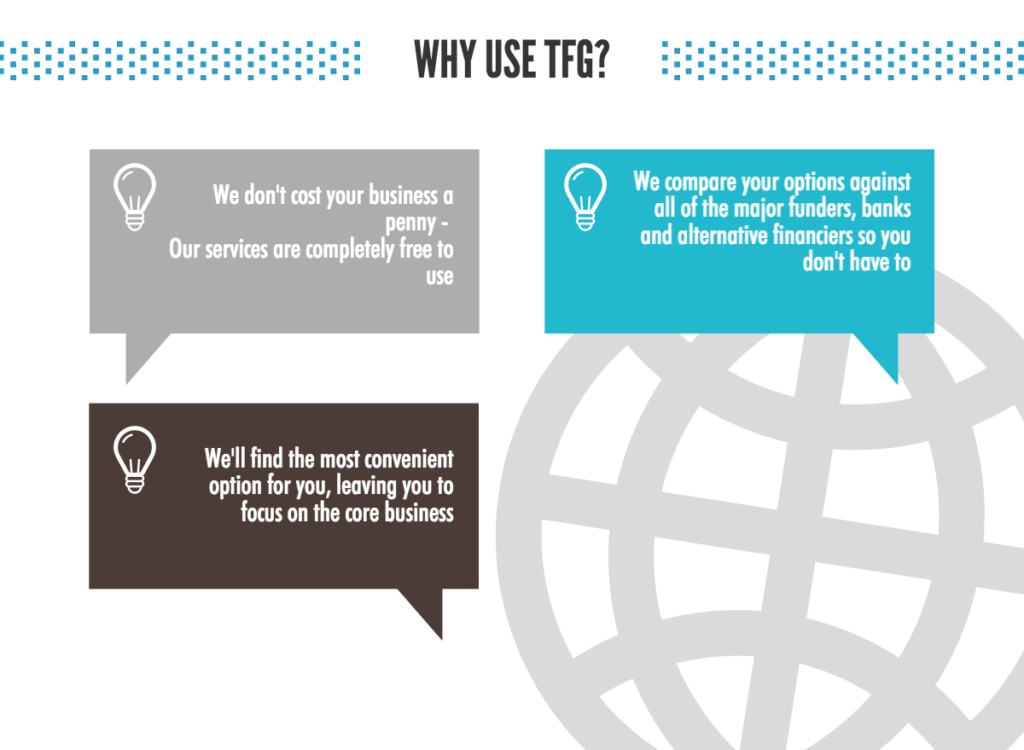
- Depending on the level of control that the funder takes, they will take some management over the ledger of the business and more generally, the credit control.
- The funder will also remove the difficulty and associated disadvantages of chasing customers for collection.
- Invoice factoring allows for a more stable income and confidence of growth in the company, as it allows payment and expansion as soon as invoices are raised.

Case study: Toy Manufacturer
A toy company sells toys to a large superstore. They sell £100,000 worth of stock every month and get paid on 90-day payment terms. Thus, every time an invoice is sent out, the superstore pays 90 days later. A factoring company will assess the quality of the customer, amongst other things and a factoring facility will be set up. The factoring company will provide a pre-agreed percentage of the £100,000 to the borrower and may assist in managing the credit control of the business. They will then collect payment from the customer.
Receivables Finance Insights
 PODCAST | FCI’s Neal Harm on kicking off inclusive growth in the factoring industry – To better understand the principles of financial inclusion, equitable regulation, and sustainable growth in the factoring industry, Trade Finance Global’s (TFG) Deepesh Patel spoke with new FCI Secretary General, Neal Harm.
PODCAST | FCI’s Neal Harm on kicking off inclusive growth in the factoring industry – To better understand the principles of financial inclusion, equitable regulation, and sustainable growth in the factoring industry, Trade Finance Global’s (TFG) Deepesh Patel spoke with new FCI Secretary General, Neal Harm.  Football, factoring and fraud: Kicking out the bad actors, creating rules and standards – Factoring, invoice financing, and open account methods are vital for the global economy, aiding businesses in managing cash flow & liquidity.
Football, factoring and fraud: Kicking out the bad actors, creating rules and standards – Factoring, invoice financing, and open account methods are vital for the global economy, aiding businesses in managing cash flow & liquidity. The role of asset-backed securitisation: Can it bridge the financing gap for micro and SMEs? – In the world of finance for micro and small and medium-sized enterprises (SMEs), there’s a clear division between two crucial groups: Capital Deployers and Capital Providers. On one side, we have micro, small, and medium enterprises in emerging markets, brimming with potential due to growing local demand and export opportunities.
The role of asset-backed securitisation: Can it bridge the financing gap for micro and SMEs? – In the world of finance for micro and small and medium-sized enterprises (SMEs), there’s a clear division between two crucial groups: Capital Deployers and Capital Providers. On one side, we have micro, small, and medium enterprises in emerging markets, brimming with potential due to growing local demand and export opportunities.  VIDEO | From the boardroom: FCI reflections on receivables finance and factoring – In this video, Neal Harm, (incoming) Secretary General of FCI, sat down with Peter Mulroy, (outgoing) Secretary General of FCI and Daniela Bonzanini, (outgoing) FCI Chairwoman reflect on the organisation’s evolution, strategic initiatives, and the future of factoring.
VIDEO | From the boardroom: FCI reflections on receivables finance and factoring – In this video, Neal Harm, (incoming) Secretary General of FCI, sat down with Peter Mulroy, (outgoing) Secretary General of FCI and Daniela Bonzanini, (outgoing) FCI Chairwoman reflect on the organisation’s evolution, strategic initiatives, and the future of factoring. Video | UNIDROIT’s Model Law on Factoring and IFC’s Knowledge Guide in Marrakech – The FCI 55th Annual Meeting in Marrakech marked an important moment in receivables finance as the International Institute for the Unification of Private Law (UNIDROIT) launched the Model Law on Factoring.
Video | UNIDROIT’s Model Law on Factoring and IFC’s Knowledge Guide in Marrakech – The FCI 55th Annual Meeting in Marrakech marked an important moment in receivables finance as the International Institute for the Unification of Private Law (UNIDROIT) launched the Model Law on Factoring.  FCI scores hat-trick in Marrakesh: A giant leap for factoring – FCI, the global representative body for the factoring and receivables finance industry, has achieved a significant milestone by securing three major agreements during its annual meeting in Marrakesh.
FCI scores hat-trick in Marrakesh: A giant leap for factoring – FCI, the global representative body for the factoring and receivables finance industry, has achieved a significant milestone by securing three major agreements during its annual meeting in Marrakesh.Other Invoice Finance Types and More Info
1 | Invoice Discounting
2 | Factoring
3 | Receivables Factoring
4 | Receivables Finance
5 | Receivables Discounting
6 | Accounts Receivables Finance
7 | Accounts Receivables
 Australia
Australia Hong Kong
Hong Kong Japan
Japan Singapore
Singapore United Arab Emirates
United Arab Emirates United States
United States France
France Germany
Germany Ireland
Ireland Netherlands
Netherlands United Kingdom
United Kingdom
